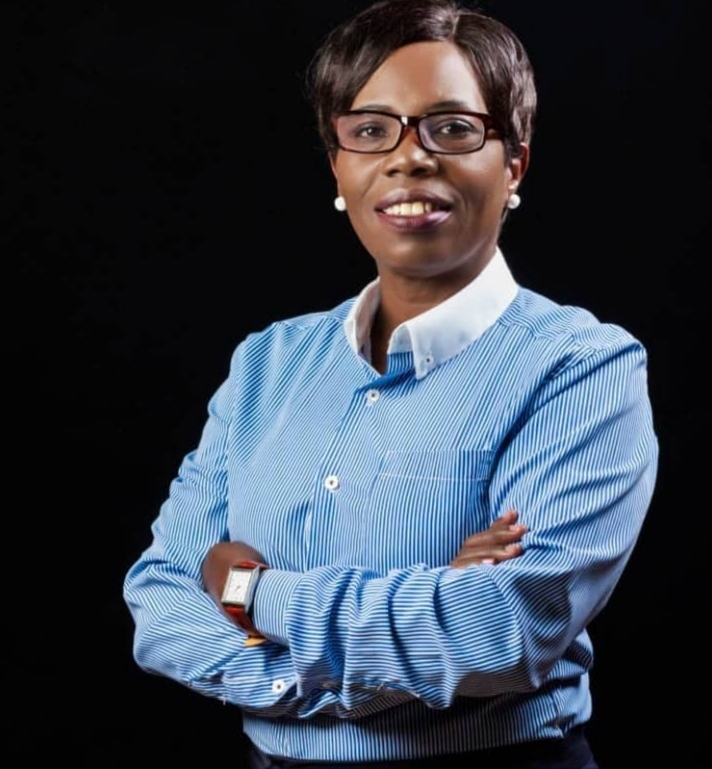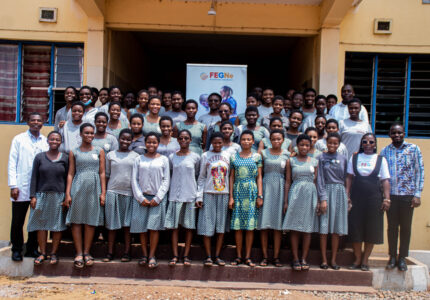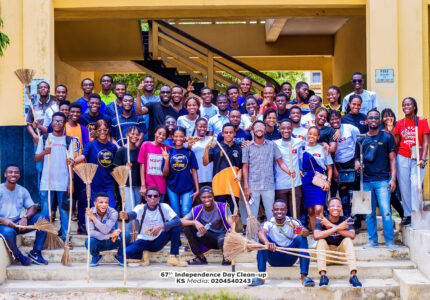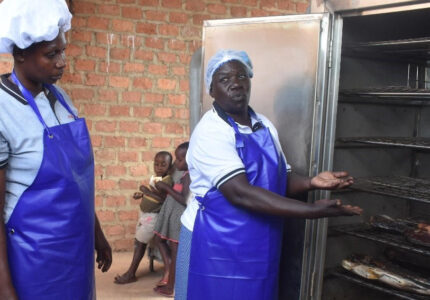Ms. Veronica Mwaba, Principal Investigator (PI) – Linking Science Society to Better Lives (LinkSS) in a press release statement has encouraged key stakeholders to play their respective roles in communicating COVID-related information. The statement urged them to prioritize health and social economic challenges. It also encouraged vaccination campaigns to include platforms to effectively communicate outreach with policy.
Read full statement below:
19.07.21
PRESS RELEASE
INCREASE PUBLIC TRUST IN COVID-19 VACCINATIONS
Lusaka, Zambia, 19 July, 2021 – In support of health experts to contain COVID-19 pandemic, Dziwa Science and Technology Trust (DSaT) through the Linking Science Society to Better Lives (LinkSS) project in collaboration with Ministry of Health (MoH), Zambia National Public Health (ZNPHI), Ministry of Information and Broadcasting (MIBS) Media Institute of Southern Africa (MISA) and National Science and Technology Council (NSTC) has oriented One Hundred and Twenty Eight (128) journalists country wide to cover COVID-19.
Particularly, there will be more journalists in the field now to tell the COVID-19 stories than wait for press releases which in many cases go in a one-way fashion.
Fake news is retrogressive. Therefore, unverified information should not find space in the news media. Specialists reporters in collaboration with scientists, should be at the core to turn-around situations for society to believe in the science.
Challenges in the 21st century many. However, Zambia has great opportunities for science and technological advancement taking into account its young population of 70 per cent. There is need to improve access to resource allocation and information to reinforce the connection between research and policy goals. Enhanced education and cooperation with key stakeholders to tackle health and social economic challenges should be prioritised.
Today, we are confident that the 128 reporters trained, are equipped with knowledge on the new Coronavirus. We also believe that the networking events and workshops have built capacity in the journalists to counter fake news. The platform will make it easier for media to check-up facts on COVID-19 with credible sources of information.
As we embark on the COVID-19 vaccination campaigns, we are mindful that our communication outreach is informed by research. For example, according to the 2019/2020 Trust in the Media in the SADC Region: An Outlook from Zambia, Malawi and Zimbabwe Baseline Report shows that 45 per cent and 68 per cent of the respondents prefer radio as their main source of the community news. While in Zimbabwe, the preferred source of news are social media platforms.
However, it is important to note that the digital era has changed journalistic work. Therefore, the team-based approach in the COVID-19 vaccination campaigns will include other platforms for effective communication outreach with policy and other key stakeholder.
Ends
Statement by:
Veronica Mwaba
Executive director/
Principal Investigator (PI) – Linking Science Society to Better Lives
0977860333
———————————————————————————————————————
Dziwa Science and Technology Trust (DSaT) is a local non-profit organization promoting Science Communication. DSaT through “The COVID 19: Linking Science to Better Lives is promoting Science Journalism in Zambia.
Supported by:
The National Research Foundation (NRF), supported by South Africa’s Department of Science and Innovation (DSI); Canada’s International Development Research Centre (IDRC); the Fonds de Recherché du Québec (FRQ); the Swedish International Development Cooperation Agency (SIDA); the United Kingdom’s Foreign, Commonwealth & Development Office (FCDO); United Kingdom Research and Innovation (UKRI) through the Newton Fund; and the Science Granting Councils Initiative in Sub-Saharan Africa (SGCI).






